Malaria
Malaria is caused by a single-celled parasite, Plasmodium, which is responsible for at least one million deaths worldwide each year, the majority being among African children. Control measures against the disease are aimed at both the mosquito vector and the parasite inside its human host.For more information: https://www.animalresearch.info/en/medical-advances/diseases-research/malaria/
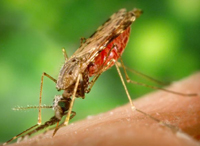
07/09/16 Scientists say they have found a new compound that stops malaria in animal studies with a single, low dose.
Tests in mice showed the one-off treatment prevented infection for the full 30 days of the study.
"We identified such compounds with both previously reported and undescribed mechanisms of action, including a series of bicyclic azetidines that inhibit a new antimalarial target, phenylalanyl-tRNA synthetase. The bicylic azetidines display single low-dose cure with activity against all parasite life stages in multiple in vivo efficacy models."
http://www.bbc.co.uk/news/health-37284378
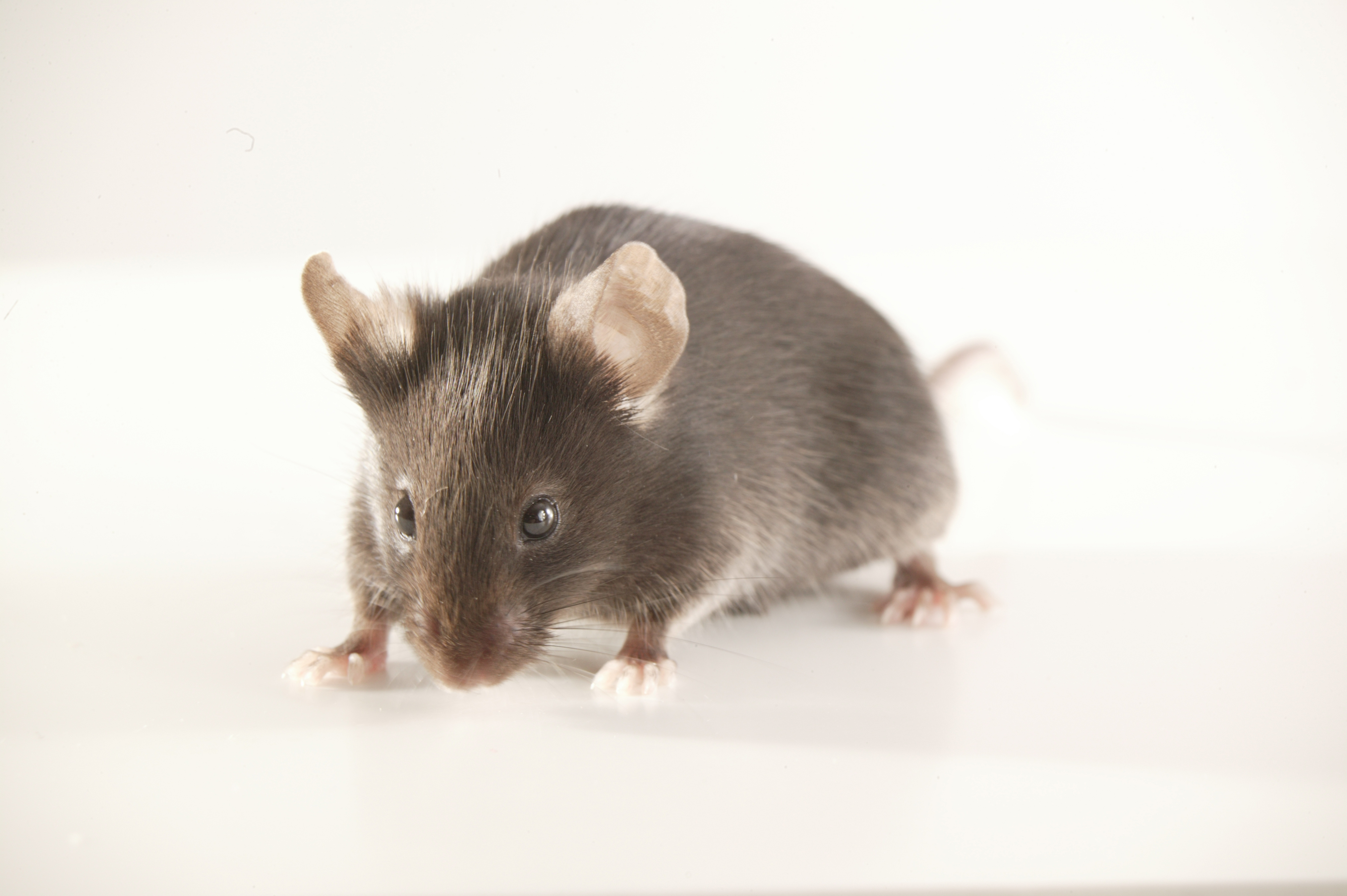
19/08/15 How malaria raises cancer risk
The malaria parasite damages DNA in mouse white blood cells, increasing the chances of them becoming cancerous. This could explain why Burkitt's lymphoma, a cancer of mature B cells, is common in areas where malaria is endemic.
Nature: doi:10.1038/524269b http://www.cell.com/cell/abstract/S0092-8674%2815%2900896-X
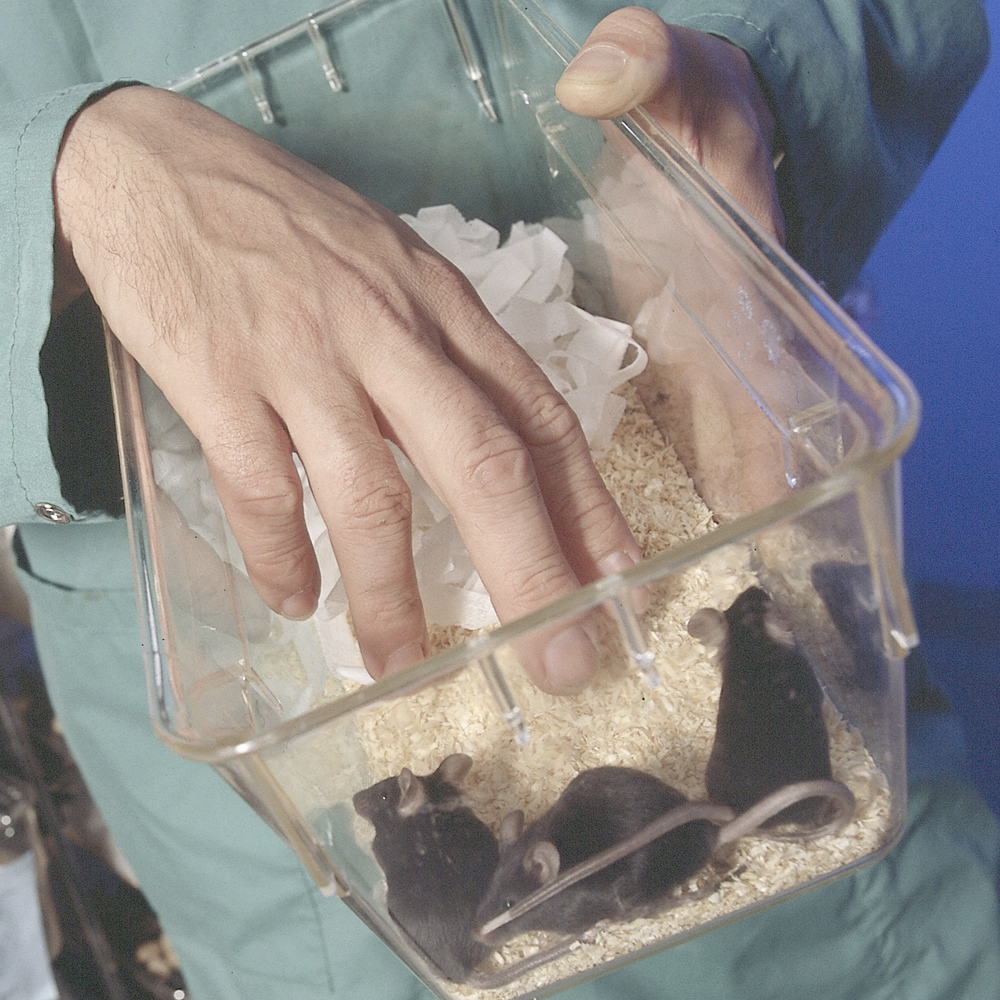
24/07/15 Drug stops malaria in mice without side effects
Drug stops malaria in mice without side effects. The new drug acts as a roadblock for malaria, curing mice of established infection. It acts by blocking the entry of the parasite to the blood cells. Nearly 200 million cases of malaria occur worldwide each year, and roughly 500,000 people (mostly African children) die of the disease. Today, the disease can be treated with anti-malarial drugs, however, the drugs are harsh and resistance often develops.
http://www.alnmag.com/news/2015/07/drug-stops-malaria-mice-without-side-effects
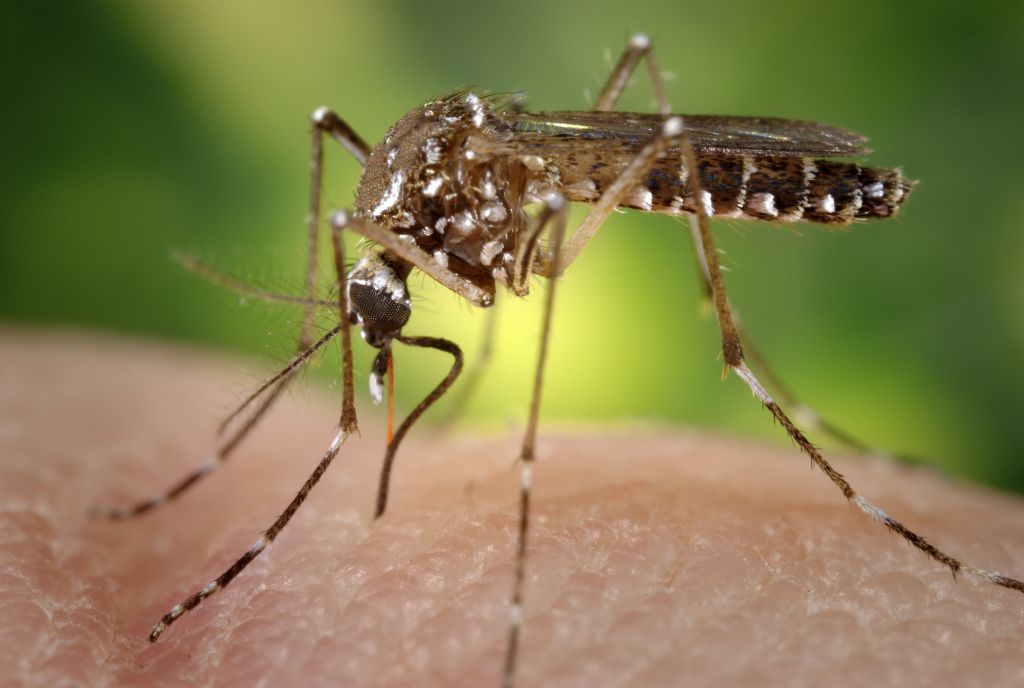
18/06/15 Cheap new malaria treatment to fight against resistant strains
New anti-malaria treatment, tested in mice, provides hope in battle against drug resistance and would only cost 1$. Malaria kills over half a million people a year. Treatments already exist to help recover from the disease but drug resistant strains of the parasite are rapidly emerging, urging for the development of a new solution. Studies in mice showed a new compound could rapidly kill the parasite and for the first time prevent the transmission of malaria – a key step to stop the spread of the disease. The human version of the therapy, developed by the pharmaceutical company Merck, is expected to enter clinical trials within a year.
http://www.theguardian.com/…/new-anti-malarial-treatment-ba…

11/02/15 Avian malaria also affects wild birds in Austria
Avian malaria also affects wild birds in Austria. Avian malaria is not uncommon in Central Europe but in most cases the plasmodium blood parasite transmitted by mosquitoes does not cause any symptoms in the affected endemic wild birds as they have adapted to the parasites. Until recently, only birds kept at Austrian zoos and originating from countries without mosquitoes had been known to be affected by avian malaria. However, Researchers recently showed for the first time, that native birds too are susceptible to avian malaria. Endemic populations of wild birds, however, are not at risk believes lead author Herbert Weissenböck. “Probably, only a small part of the population consistently dies of avian malaria. This has no dramatic effect on the overall population. But it is a completely new fact that native birds are susceptible at all.An infection is life-threatening for penguins at a zoo, for example. Native birds have adapted to the blood parasites over evolutionary time. Most of them carry the pathogen, but do not contract the disease. At least that’s what we thought.”
http://www.alphagalileo.org/ViewItem.aspx?ItemId=149620&CultureCode=en
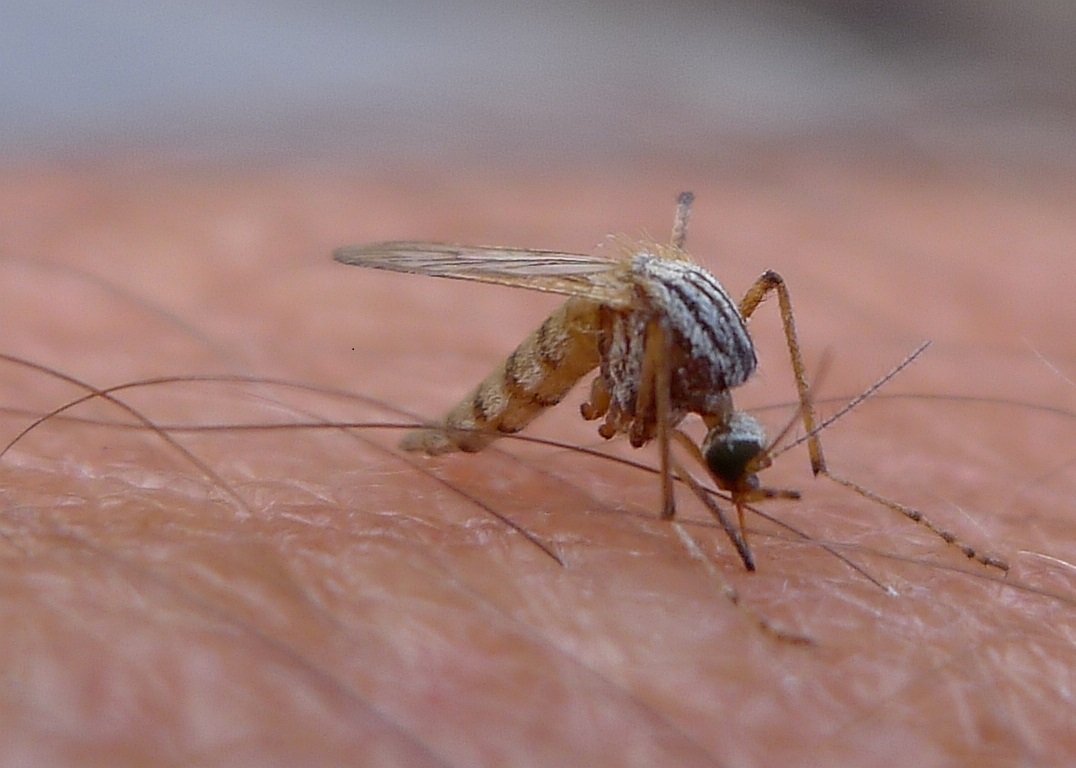
08/12/14 Drug eliminates malaria parasite in 48h in mice
New drug eliminates the malaria parasite within 48 hours in mice. Malaria is caused by a parasite that penetrates the body from a mosquito bite and infects and hijacks red blood cells to reproduce. The new compound transforms the infected red blood cells so they show signs of aging, which tricks the immune system into targeting and destroying them, but leaves healthy cells unharmed. It has already been tested in mice and trials are now planned in humans.
http://www.sciencealert.com/new-drug-eliminates-the-malaria-parasite-within-48-hours-in-mice

05/12/14 gut bacteria can trigger an immune response to malaria infections
‘Friendly’ bacteria in the gut can trigger a natural immune response to malaria infection, according to research in mice. Sugary proteins on the surface of benign bacteria helped to train the immune system to fend off the malaria parasite. In mice natural antibodies triggered by the bacterial sugars were also able to attach to the surface of the malaria parasite. Furthermore the researchers found that this same sugary protein could be used in a vaccine to immunise mice against malaria. They now want to see whether the same vaccine would work in humans.
http://www.bbc.co.uk/news/health-30337215
Last edited: 27 September 2017 17:31
